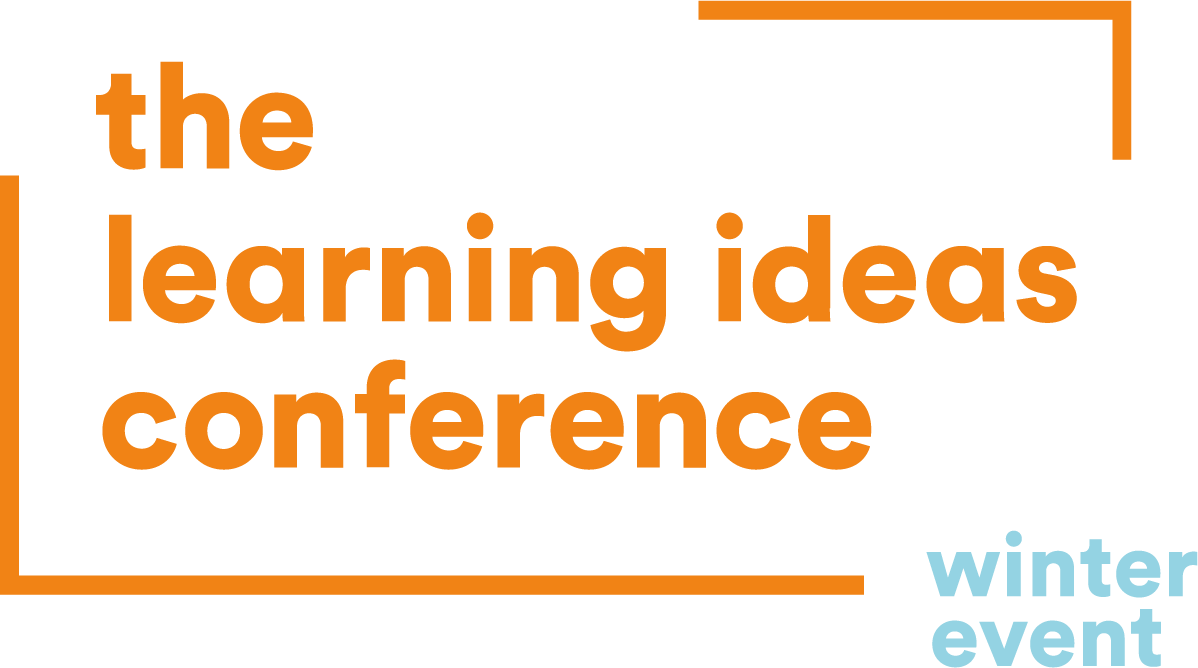“Artificial Intelligence and Learning” - Program
Thursday, February 15th, 2024 - 7:00 AM - 5:00 PM EST
All times are Eastern time; during the 15-minute breaks between most talks, we’ll show pre-recorded segments, to be announced soon.
7:00 AM - 7:15 AM
Conference Introduction
David Guralnick, Ph.D.
President and CEO
Kaleidoscope Learning
New York, New York, USA
7:15 AM - 7:45 AM
From Traditional AI to LLMs: A Shift to AI-Supported Dialogue?
Imogen Casebourne, Ph.D.
Innovation Lab Research Lead
DEFI - Digital Education Futures Initiative Cambridge, Hughes Hall - University of Cambridge
Cambridge, UK
7:45 AM - 8:00 AM - Q&A with Imogen Casebourne
8:00 AM - 8:15 AM - PRE-RECORDED INTERVIEW
Kinga Petrovai, Ph.D.
speaks with
Usman Naeem, Ph.D., Senior Lecturer (Associate Professor), Queen Mary University of London, London, UK about unlocking the potential of learning engagement analytics in higher education and its future with AI.
8:15 AM - 8:45 AM
JeepyTA and Qualitative Coding: Recent Work with Large Language Models in Education at the Penn Center for Learning Analytics
Ryan Baker, Ph.D.
Professor
University of Pennsylvania
Philadelphia, Pennsylvania, USA
8:45 AM - 9:00 AM - Q&A with Ryan Baker
9:00 AM - 9:15 AM - PRE-RECORDED INTERVIEW
David Guralnick, Ph.D.
speaks with
Kinga Petrovai, Ph.D., Learning Consultant and Podcaster, The Art & Science of Learning, Ottawa, Ontario, Canada about The Learning HIVE, an approach she created to improve L&D initiatives, resources, and communities.
9:15 AM - 9:45 AM
What Happens When You Blend AI and Neuroscience?
Stella Collins
Co-founder and Chief Learning Officer
Stellar Labs
Antwerp, Belgium
9:45 AM - 10:00 AM - Q&A with Stella Collins
10:00 AM - 10:15 AM - BREAK
10:15 AM - 10:45 AM
Navigating the Future of Academic Learning and Teaching: Opportunities and Challenges of GenAI Integration in Higher Education
Gila Kurtz, Ph.D.
Dean of the Faculty of Instructional Technologies
Holon Institute of Technology (HIT)
Holon, Israel
10:45 AM - 11:00 AM - Q&A with Gila Kurtz
11:00 AM - 11:15 AM - PRE-RECORDED INTERVIEW
David Guralnick, Ph.D.
speaks with
Antonella Poce, Ph.D., Full Professor in Experimental Pedagogy, University of Roma Tor Vergata, Rome, Italy about opportunities and risks when implementing generative AI in higher education.
11:15 AM - 12:00 PM
Panel Discussion:
The Future of AI in Higher Education and Workplace Learning: Revolution, Evolution, or Neither?
Panel Chair:
David Guralnick, Ph.D., President and CEO, Kaleidoscope Learning, New York, New York, USA
Panelist:
Diana Andone, Ph.D., Director, Digital Education and Distance Education Department, Politehnica University of Timisoara, Timisoara, Romania
Panelist:
Bruce Cronquist, Product Owner and Learning Consultant, Dell Education Services, Dell Technologies, Port Orchard, Washington, USA
Panelist:
Todd Stone, Senior Advisor, Project/Program Manager and Content Strategist, Dell Education Services, Dell Technologies, Bothell, Washington, USA
12:00 PM - 12:30 PM - BREAK
12:30 PM - 1:00 PM
AI Is Joining the Workforce: Are You Ready?
John Hack
Chief Technology Officer
Interflexion
Hillsborough, New Jersey, USA
1:00 PM - 1:15 PM - Q&A with John Hack
1:15 PM - 1:30 PM - PRE-RECORDED INTERVIEW
Kinga Petrovai, Ph.D.
speaks with
Christoph Knoblauch, Ph.D., Professor, Ludwigsburg University of Education, Ludwigsburg, Germany about the key roles of digital tools in intercultural collaborative learning.
1:30 PM - 2:00 PM
Navigating AI's Imperfections in EdTech: Developing Literacy for Educators
Michael Feldstein
CEO, Empirical Educator Project
Publisher, e-Literate
Great Barrington, Massachusetts, USA
2:00 PM - 2:15 PM - Q&A with Michael Feldstein
2:15 PM - 2:30 PM - PRE-RECORDED INTERVIEW
David Guralnick, Ph.D.
speaks with
Gary Dickelman, CEO, EPSScentral LLC, Boynton Beach, Florida, USA about how artificial intelligence has entered the realm of early childhood learning and how that affects learning & development through elementary, secondary, and higher education, and workplace learning.
2:30 PM - 3:00 PM
Using Artificial Intelligence to Create Meaningful Learning Experiences
David Guralnick, Ph.D.
President and CEO
Kaleidoscope Learning
New York, New York, USA
3:00 PM - 3:15 PM - Q&A with David Guralnick
3:15 PM - 3:30 PM - BREAK
3:30 PM - 3:45 PM - PRE-RECORDED VIDEO
David Guralnick, Ph.D.
shows an AI avatar of himself that he created with a product called Synthesia. In this segment “Living Outside Myself: Experimenting with a Realistic Avatar,“ he shows the avatar in action and talks about the process to create it.
3:45 PM - 4:15 PM
Developing AI Literacy for Learning Professionals
Stella Lee, Ph.D.
Director
Paradox Learning Inc.
Calgary, Alberta, Canada
4:15 PM - 4:30 PM - Q&A with Stella Lee
4:30 PM - 5:00 PM
Closing Session
David Guralnick, Ph.D.
President and CEO
Kaleidoscope Learning
New York, New York, USA
5:00 PM - END OF EVENT















